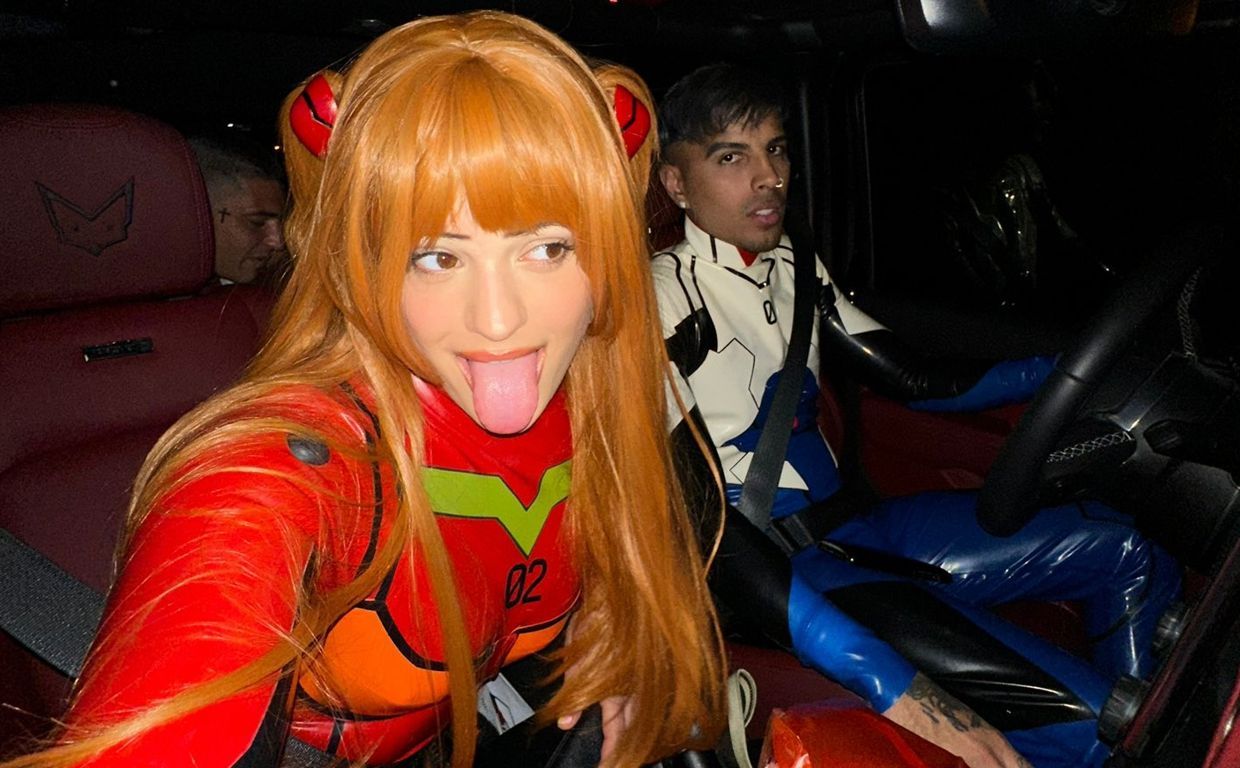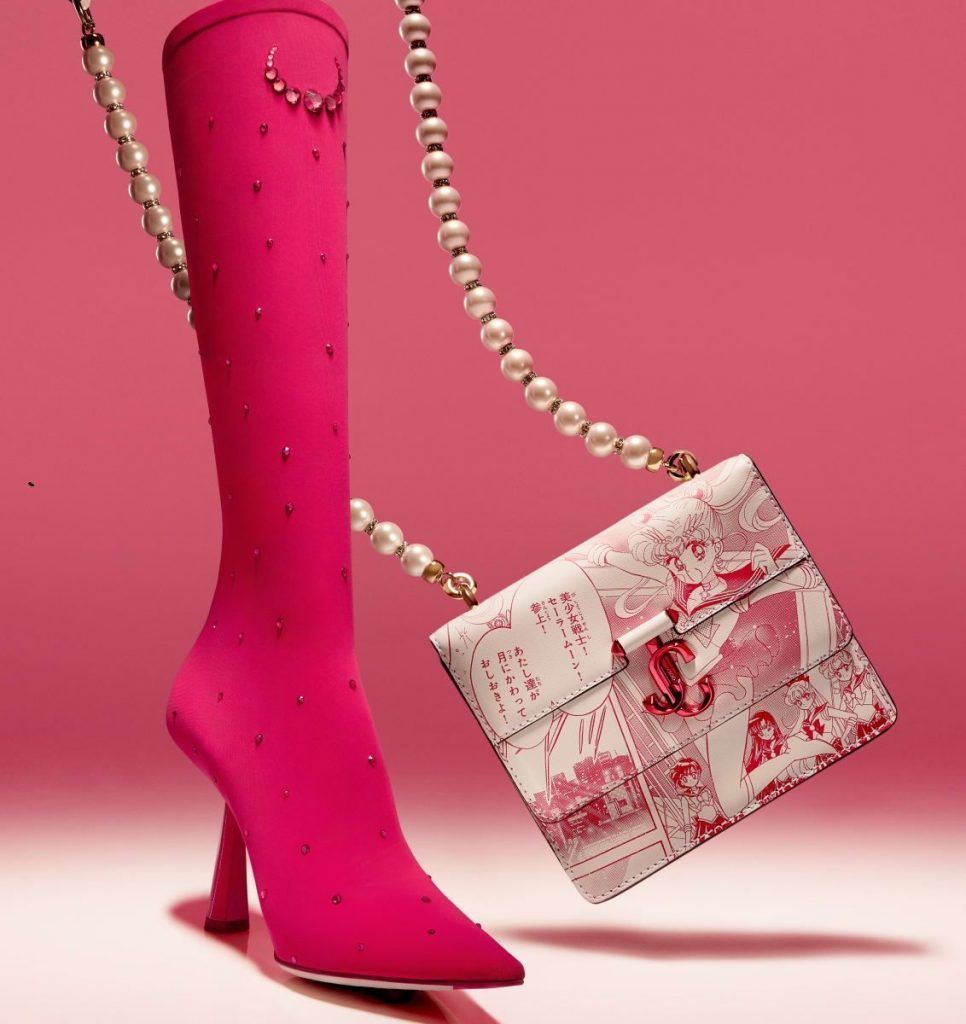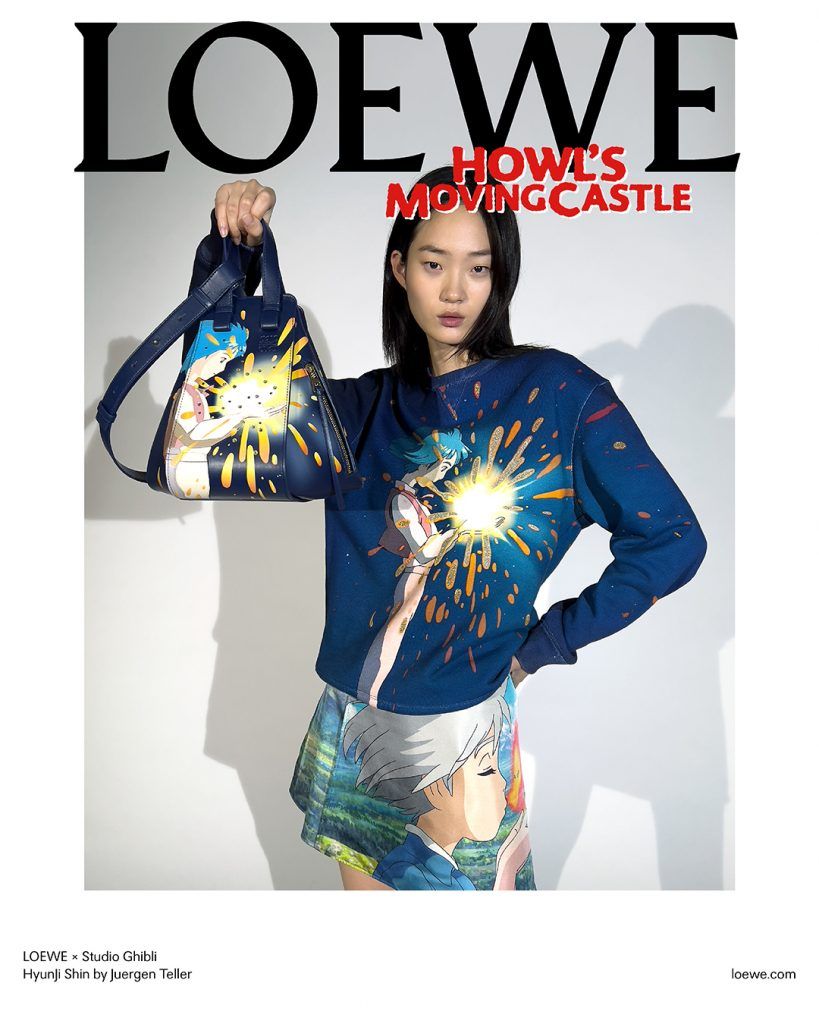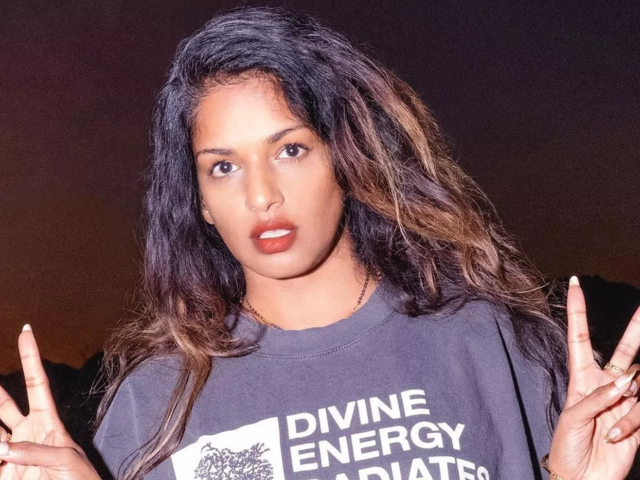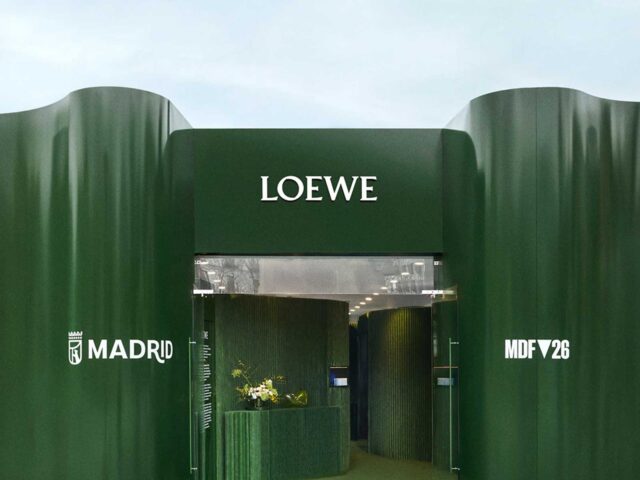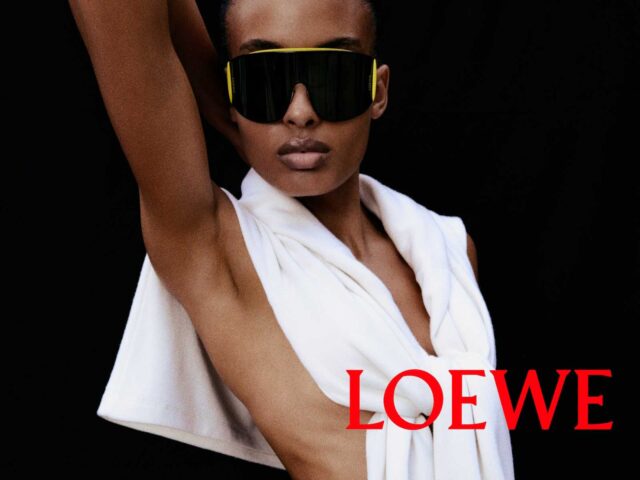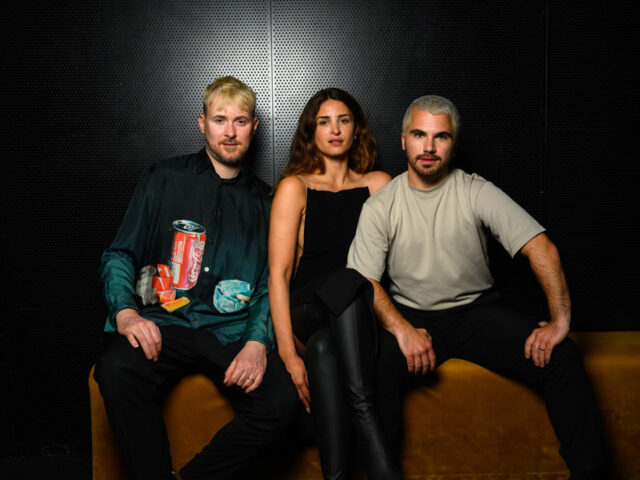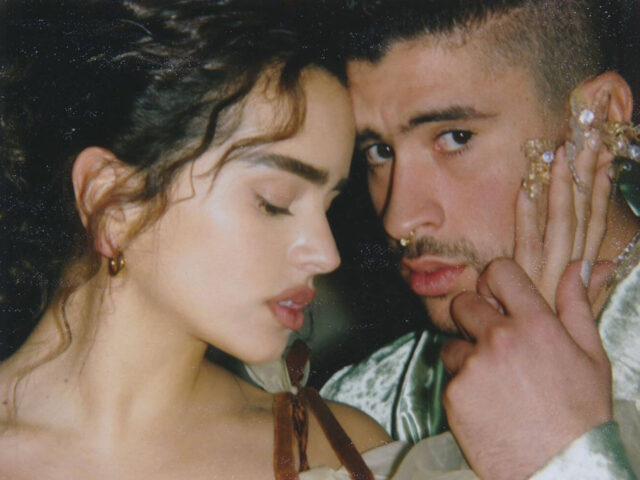A little more than a decade ago, Japanese culture reached us in dribs and drabs: Dragon Ball, Oliver and Benji, Shin Chan, Pokemon… little else could be consumed from the Asian market. But now things have changed. Today, products from Japan not only reach us at lightning speed thanks to a globalized world, but otaku culture is admired and promoted in sectors such as television, music and cinema, which lay the foundations of world culture.
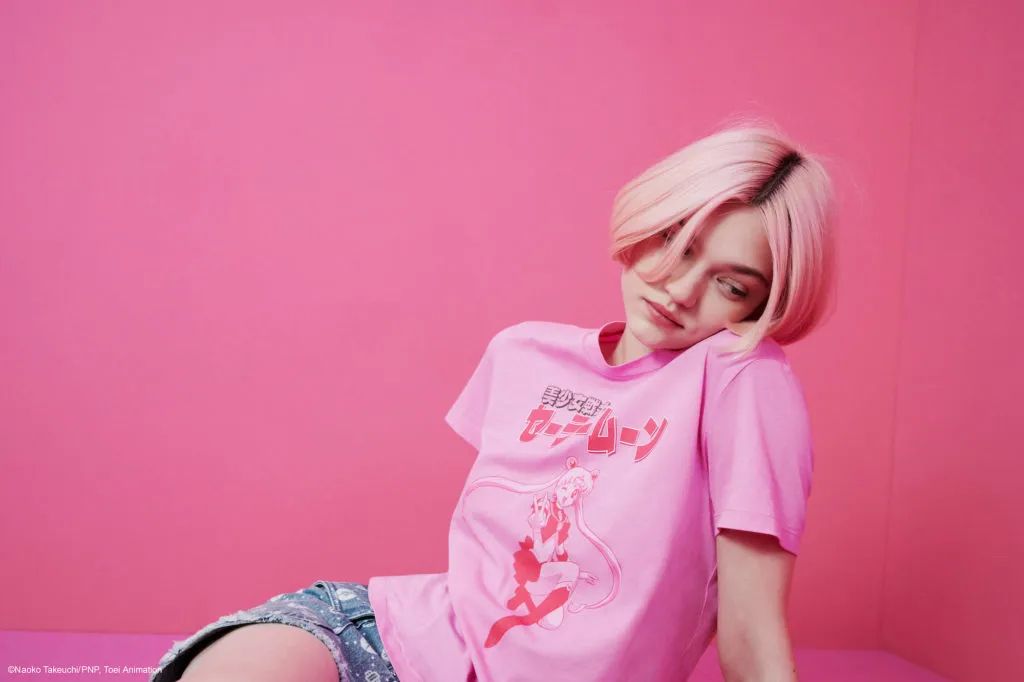
With the opening of the Japanese market to the Western world, we have been able to get to know the “otaku” better. A reviled view of them has changed to a more normalized one, in line with the current status quo. The Internet also gives us the possibility of getting closer to other cultures, making it easier to normalize other ways of living.
The otakus would be the “geeks” of Japanese culture. They are not only lovers of anime, manga or cosplay. They go a step further and really live all that as if it were their own world. These geeks, with social networks and the constant improvement of algorithms in them, have managed to find people and communities with similar tastes around the globe. They have appropriated the marginalized and reviled term to proudly carry the “otaku” emotion.
The most famous have removed the stigma they may have had. When they begin to appropriate cultural symbols that were marginal until now, it means that we are facing a new paradigm in which the exception is the norm. The marginal has become the trend.
Givenchy is pleased to announce the appointment of @Realtaeyang as 2023 global ambassador. pic.twitter.com/0VjsHhzro4
— Givenchy (@givenchy) January 17, 2023
This pride has been perceived in general in relation to the whole culture coming from the Asian market in general. Proof of this is the K-POP boom with groups like BTS or BLACKPINK, which are now conquering the fashion industry. Their members have become ambassadors of all luxury brands in the market. Also the success of audiovisual projects such as ‘The Squid Game’ or ‘Parasites’. The latter was the first non-English speaking film to win the Oscar for best foreign film.
We don’t have to go very far on the map to realize the phenomenon. Rosalia is a big fan of Japanese culture and always makes references to it in her daily life and in her projects. On Halloween she surprised with a cosplay of Asuka from Evangelion, with her boyfriend Rauw dressed as Shinji. The ‘Motomami’ always incorporates otaku styles in her daily life. Songs like “Hentai” or “Sakura” make a nod to her love for the Japanese country. She is not the only one. Dua Lipa, released a few months ago the video clip of ‘Levitating’, which drinks directly from the anime of the 90s as Sailor Moon. Even the Puerto Rican rapper Bad Bunny dares to sing in Japanese at the end of his song ‘Yonaguni’.
Are we facing a fetishization of the Asian? Probably. Even luxury brands are appropriating anime to turn it into a trend and take it out of its marginality. Gucci x Doraemon, Balmain x Pokemon… Loewe was recently inspired by the 2004 Japanese animated film The Walking Castle for its new collection. Sailor Moon inspires Jimmy Choo for a line of shoes and accessories that has gone absolutely viral on networks. And if we talk about virality we can’t overlook the MSCHF Big Red Boots inspired in Astro Boy.
After all the examples we have of this otaku obsession, we can no longer say that this urban tribe is on the margins of society. It’s your time, otakus of the world. You are now the new cool kids, and everyone wants to be like you.
Sigue toda la información de HIGHXTAR desde Facebook, Twitter o Instagram
You may also like...
